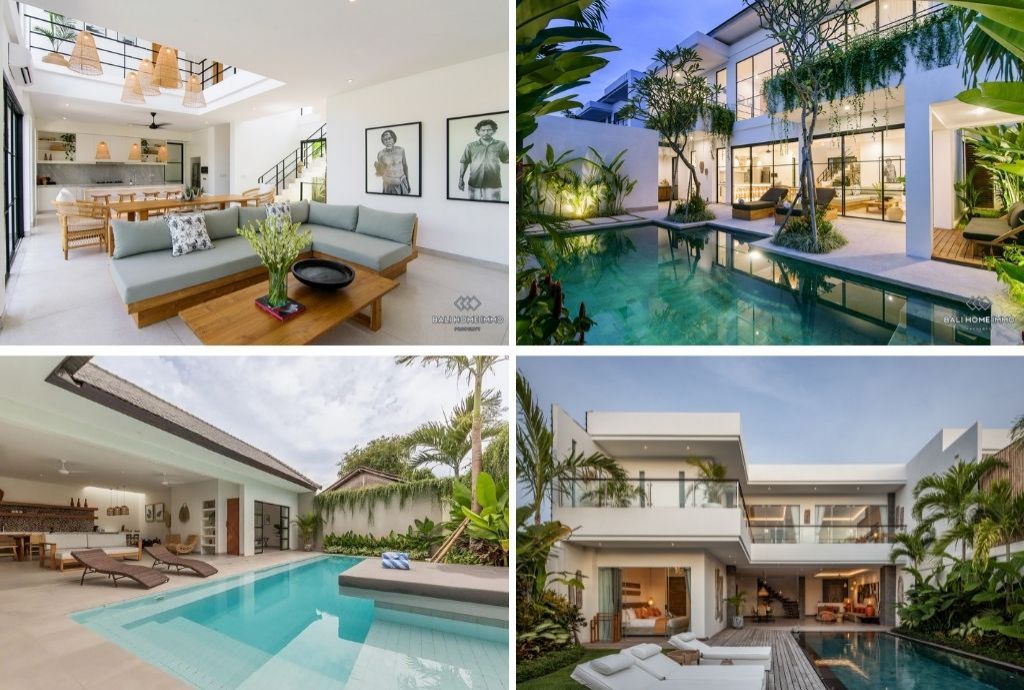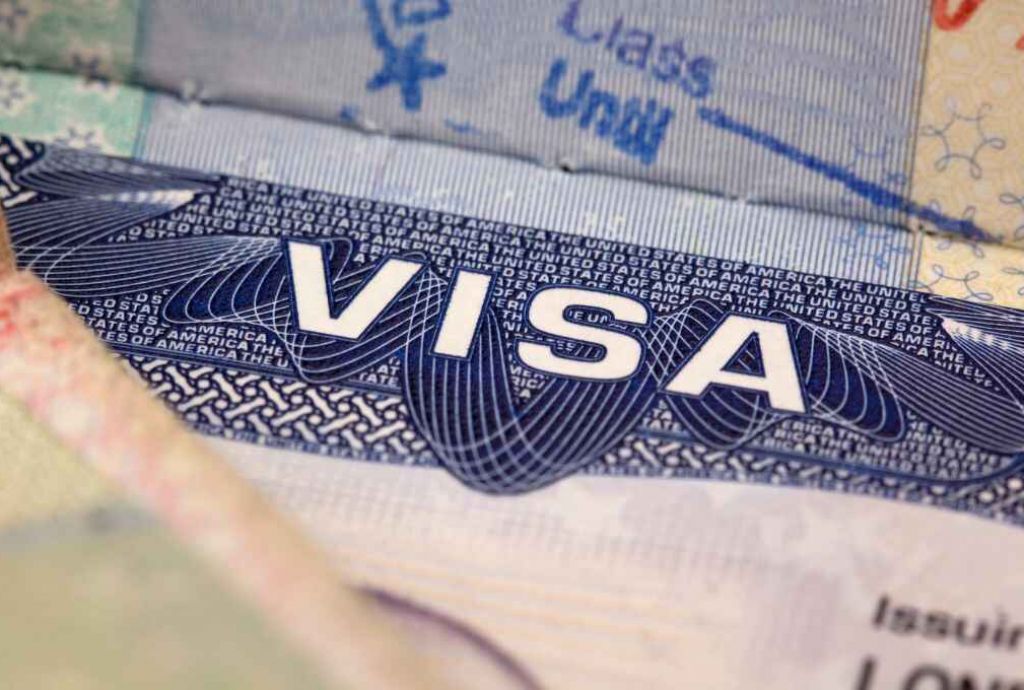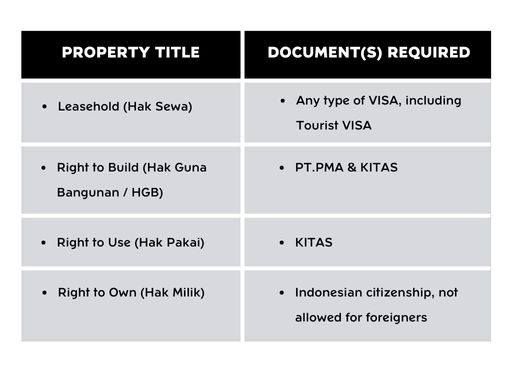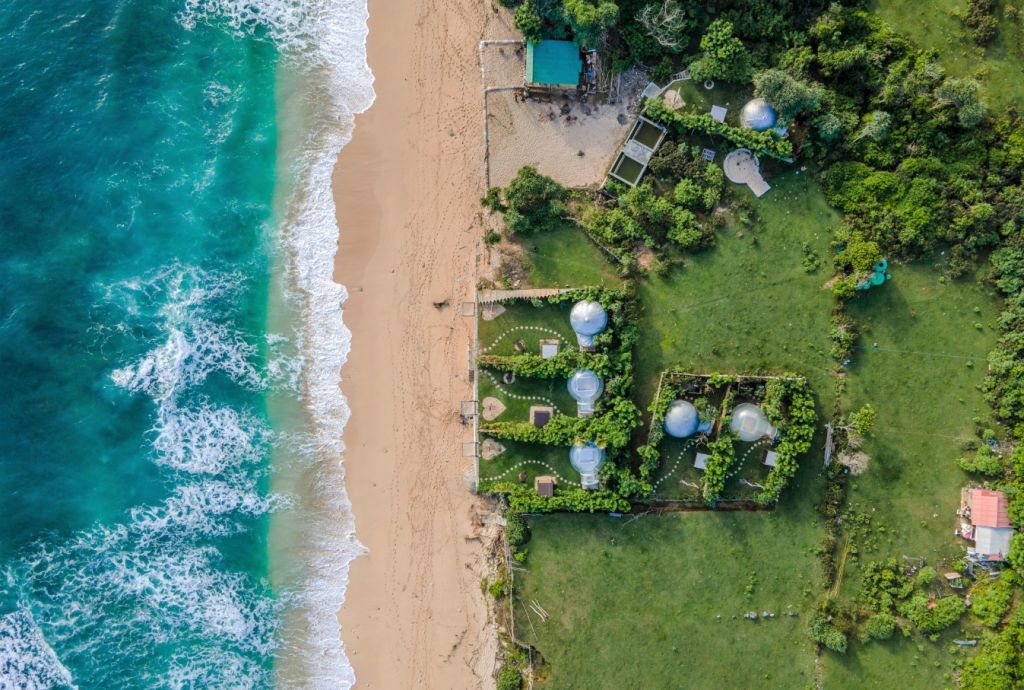
Top 3 Benefits of a Long Lease for Bali Villa Investment
Having your own villa in Bali is not only a dream come true but can provide a steady source of income with proper care, especially now that the island is welcoming international travelers again. Some people on the internet dismiss that Bali real estate is not a worthwhile investment simply because foreigners can’t own freehold property outright but they overlook the fact that Bali is one of the best locations in the world to buy a vacation home, and we all know that location is king.
Many expats have proven that buying leasehold properties in Bali is a good investment, and here’s our take on some of the concerns related to it:
Why buy leasehold properties in Bali?
Leasehold properties are cheaper compared to freehold, especially since foreigners must use a foreign company (PT PMA) to acquire freehold properties and setting up a company requires a hefty startup capital. In the case of villas, buying a leasehold villa in Bali allows greater freedom than renting on a yearly basis such as being able to make alterations and sublease it to another person. Moreover, a well-managed villa can yield high returns and the great majority of investors enjoy good ROI because there’s a high demand for holiday rentals in Bali.
Ricefield View Villa for Sale Leasehold in Berawa, Canggu - 34 Years
As for investment, you can earn long-term capital gains by buying leasehold villas in high demand locations such as Canggu, Seminyak, Sanur, and Uluwatu. Those are the most popular holiday destinations in Bali where the demand for rentals are always rising, and they should be your primary consideration if you want quick profit or a vacation home. Also, buying a villa in those locations is a huge advantage because the property value will increase sharply in a short time.
Also read: Top 5 Places in Bali for Villa Investment
Is it safe to buy leasehold property?
Leasing is the most secure method in buying property as a foreigner in Bali. Lease agreements are notarized and serve as legal proof that you have the right to occupy a property for a specified duration, after which you may extend depending on your agreement with the landowner. Indonesia’s property laws may be strict, but you can safely invest in Bali real estate as long as you don’t do illegal acts such as using nominees to buy freehold properties and respect the property regulations such as zoning, building height, etc.
Boho Style Villa for Sale in Pererenan - 34 Years
Lease lengths can vary but villas and land for sale in Bali are typically offered between 20 to 30 years not including extension, Lease extension requires mutual agreement between the landowner and the leaseholder regarding the possibility, terms, as well as price which should be specified in the initial lease contract. Having extension clauses in the contract ensures your right to extend in the future, hence it is an important topic to discuss before committing to any leasehold transaction.
Also read: 6 Things You Must Know Before Buying Property in Bali
What are the benefits of a long lease?
From an investment standpoint, a long lease allows you to yield better ROI. Pre-COVID statistics showed that the short-term rental industry continues to grow in well known areas such as Canggu, Pererenan, and is expanding to undeveloped areas including Nusa Penida, hence why there’s still plenty of room for profit gain. The longer duration and possibility for extension will also make the property easier to sell if you ever need to, plus you can enjoy good capital appreciation if it’s located where property price increases quickly.
However, the most important benefit is peace of mind because being able to spend a lifetime in a slice of paradise that you’ve invested so much in is a luxury that only few can afford. Sure you can buy freehold properties in Malaysia or someplace where foreigners can legally do so, but you can’t replicate Bali’s lifestyle and experience anywhere else.
Mediterranean Villa for Sale in Canggu - 26 Years
Interested in buying a property with a long lease in Bali? We have prepared a curated selection of villas and land offered with a long lease duration for you to choose from. Or perhaps you would like to rent for a year or two before settling down? We also have a selection of villas for rent with good prices. If you have any inquiries or need more information on buying Bali property, please don’t hesitate to contact us.
Also read: How to Start an Airbnb Rental in Bali as a Foreigner
Disclaimer: The content of this publication is provided as general information only and does not constitute legal, financial, tax, or other professional advice from Bali Home Immo. Some of the information provided on this publication is obtained from a third-party source and we do not guarantee that the content of this publication is accurate, complete or up-to-date. Past performance is not indicative of future performance and should not be relied upon as a basis for an investment decision.








